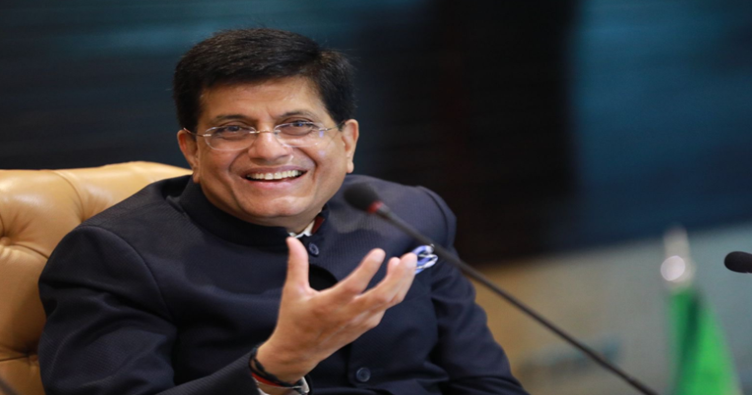“Imagine this: when they contribute taxes, it actually benefits us all. We can use that money to offer more scholarships to underprivileged children, or to construct homes for those in need, or even to upgrade shantytowns into proper housing. We’ve got big plans for our nation, and the taxes they’re contributing come from the income they previously saved taxes on,” Goyal shared with ET.
Discussing the matter of angel taxes, which directly affect budding startups, the minister highlighted the importance of implementing valuation norms. These norms were introduced to curb the activities of “fly-by-night companies” involved in hawala transactions or the manipulation of capital.
The minister emphasized the necessity of such measures by stating, “This is why taxes were introduced… and valuation norms must remain in place.” He acknowledged the indirect impact on startups, emphasizing the need for a delicate balance. “If we were to completely relax regulations, we might solve the startup dilemma, but it would likely revive issues of another kind,” he remarked, stressing the importance of finding equilibrium in regulatory measures.




